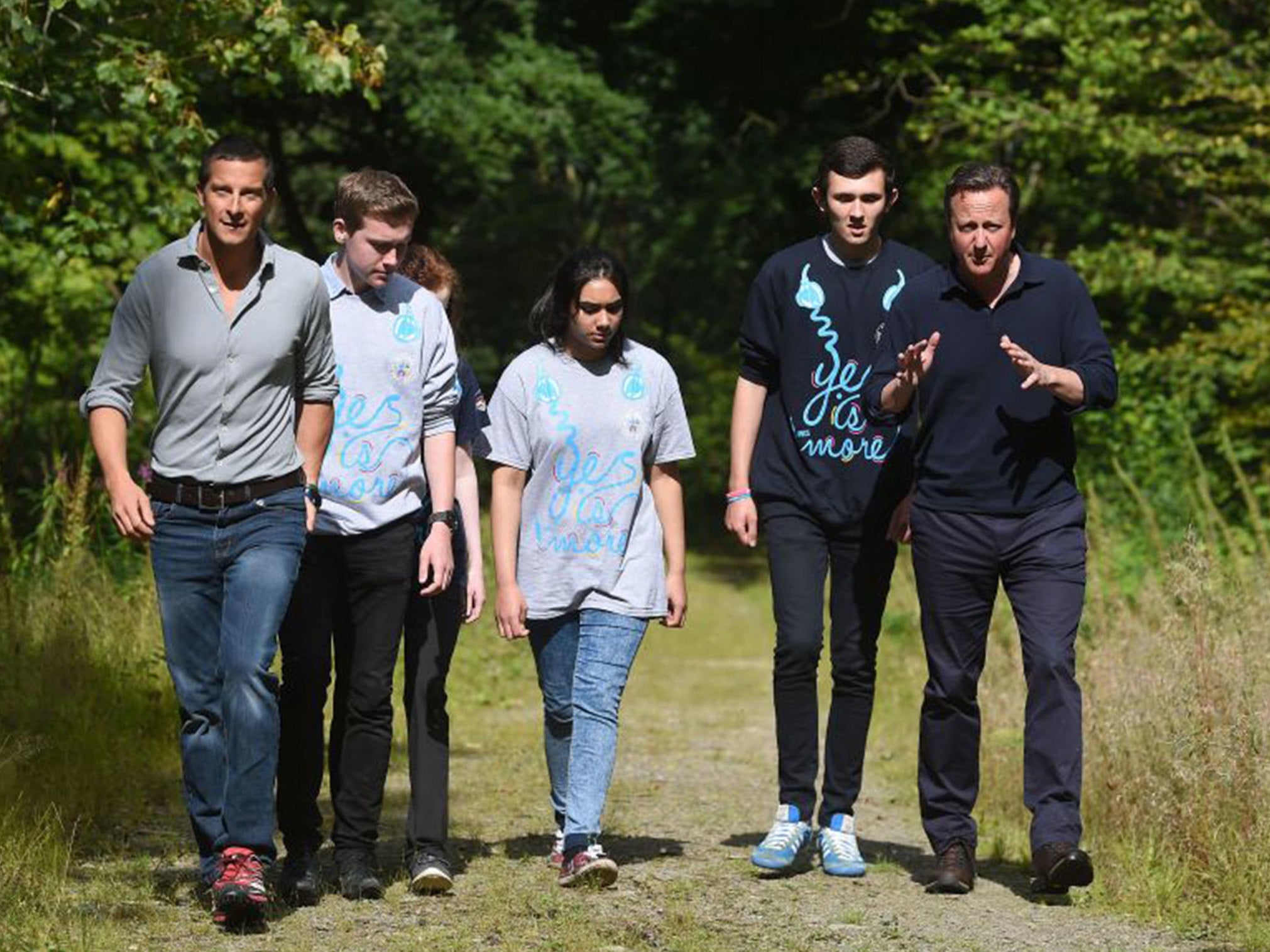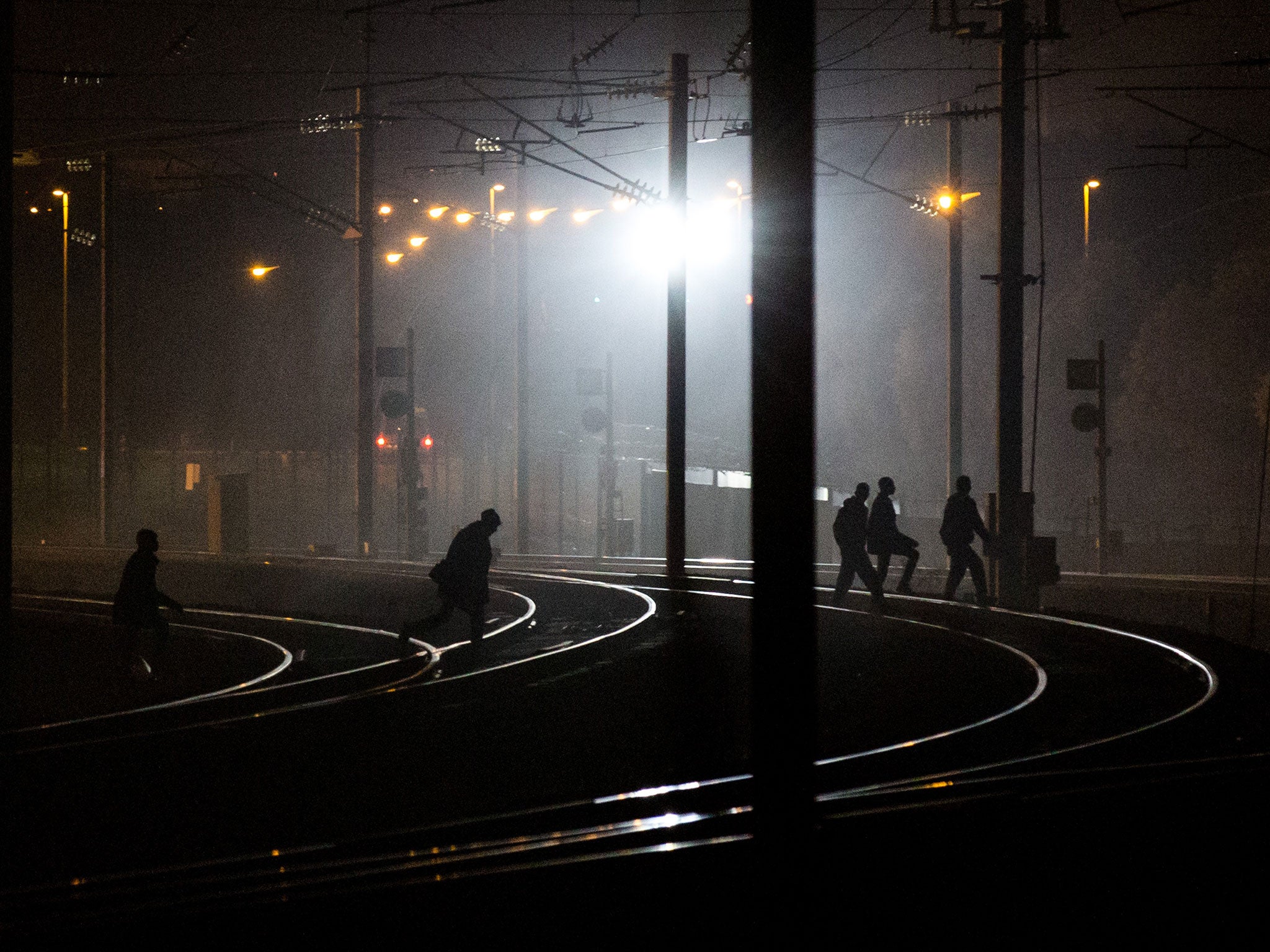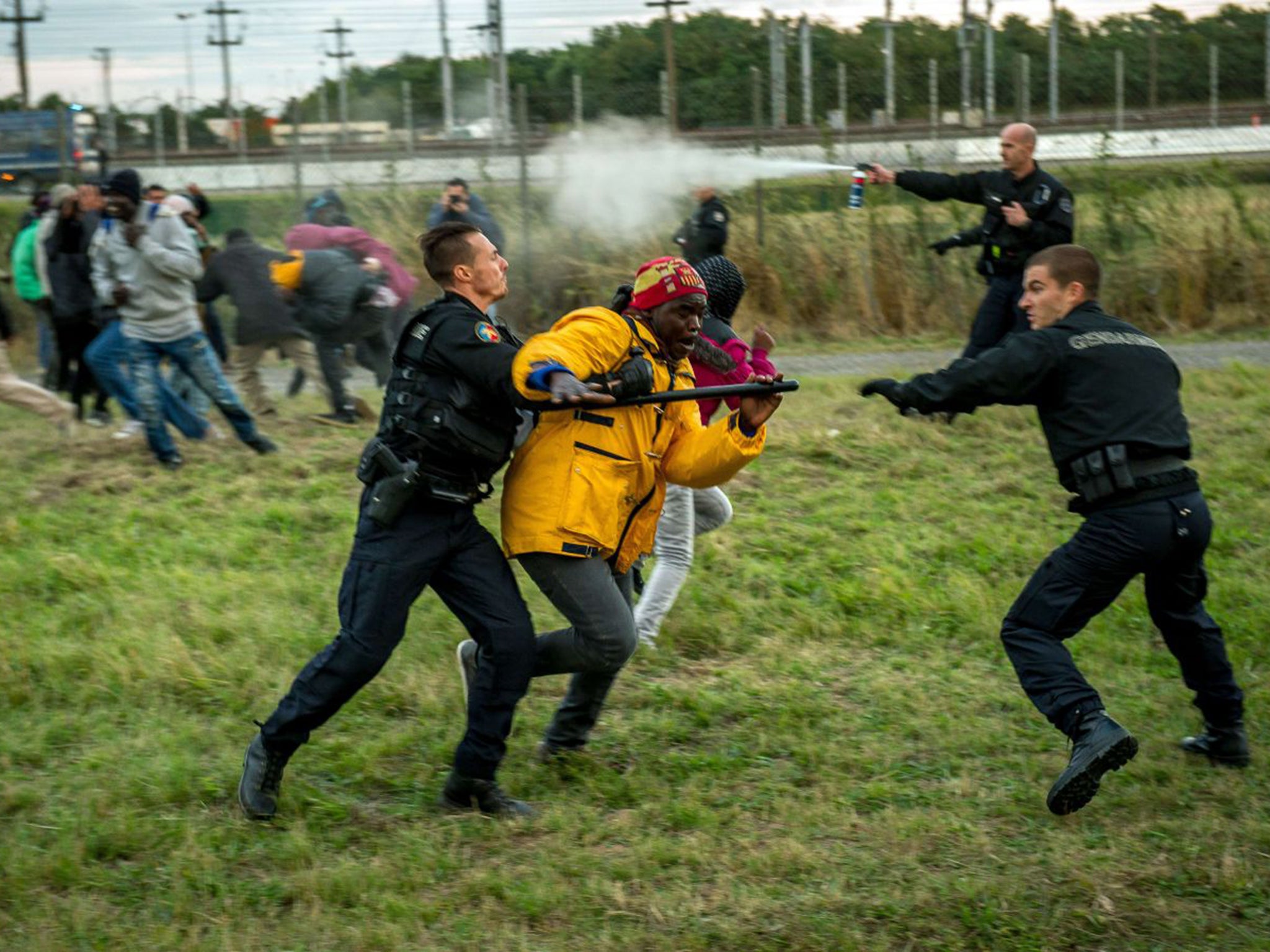Migrant crisis: Politicians need holidays too, but Calais crisis holds David Cameron at Downing Street
Imagine pictures of the PM on holiday as Calais crisis keeps families stuck...


Your support helps us to tell the story
From reproductive rights to climate change to Big Tech, The Independent is on the ground when the story is developing. Whether it's investigating the financials of Elon Musk's pro-Trump PAC or producing our latest documentary, 'The A Word', which shines a light on the American women fighting for reproductive rights, we know how important it is to parse out the facts from the messaging.
At such a critical moment in US history, we need reporters on the ground. Your donation allows us to keep sending journalists to speak to both sides of the story.
The Independent is trusted by Americans across the entire political spectrum. And unlike many other quality news outlets, we choose not to lock Americans out of our reporting and analysis with paywalls. We believe quality journalism should be available to everyone, paid for by those who can afford it.
Your support makes all the difference.There's something about August. Like all of us, British prime ministers need a summer break, but theirs are often interrupted.
The global financial crisis began in August 2007, when Gordon Brown also rushed back from his first prime ministerial break to handle an outbreak of foot-and-mouth disease.
Riots in Britain’s cities erupted in August 2011. In 2013, after Syria’s President Bashar-al-Assad used chemical weapons against his own people, a humiliated David Cameron lost a rare August Commons vote —on air strikes. A year ago, Mr Cameron cut short a Cornwall holiday when Isis beheaded a hostage for the first time.
Now the immigration crisis in Calais casts another summer shadow. The danger level for the Prime Minister is very high, not least because of the nightmarish prospect of him sunning himself while British families are stuck in queues at the Channel tunnel as they try to go on holiday. That is why we did not see the usual “staycation” photographs of the Camerons during a short family break in the UK this week.
We were told that the Prime Minister chaired a meeting on Calais as soon as he got back to Downing Street on Thursday, just as he did six days earlier on his return from a trip to South East Asia.

Ministers were braced for a last-minute dash by desperate would-be migrants to get through the tunnel before new fencing is erected. It hasn’t happened yet but the crisis is far from over. Today brought damaging headlines about a 40-year-old Sudanese man who walked through the tunnel.
When Mr Cameron starts a foreign holiday soon, we will be told that he still has a “grip” on the issue and remains in charge. But Calais is a multi-headed monster for him. It is about immigration, an issue on which the Tories are already on the defensive after failing to keep their foolish 2010 promise to reduce net migration to under 100,000 a year. (It is currently at 318,000). During his Asian tour, Mr Cameron blamed the Liberal Democrats for blocking measures inside the Coalition. That doesn’t wash, as I don’t recall that the Tories would have pulled us out of the EU if they had won a majority in 2010 (EU net migration is running at 178,000).
The fact that Calais fuses the two sensitive issues of migration and Europe potentially throws a lifeline to Ukip. Europhobes believe Calais, or a similar problem if transferred elsewhere, could influence the in/out referendum that could take place next June. “If Calais is still all over the TV, it could tip the balance,” smiled one Eurosceptic Tory MP. “It would be a nightmare for Cameron.”

The biggest obstacle to a good new EU deal? France. That makes it very difficult for British ministers to criticise their French counterparts over their handling of Calais. So, too, does the implied threat of France ending the agreement under which the UK border is on the French side of the tunnel. That would mean what Mr Cameron unwisely called “the swarm” of 5,000 migrants living in squalid camps in Calais would move to Dover (as it would if Britain voted “out” in the referendum).
Although there are real tensions between UK and French ministers over Calais, in public they paper over the cracks. Theresa May, the Home Secretary, and Bernard Cazeneuve, her French opposite number, said the EU needs “to address this problem at root.” Yet diplomats recalled that Mr Cameron sat on the sidelines when a fractious EU leaders’ summit in June agonised over whether to accept a share of 40,000 migrants who have crossed the Mediterranean. Instead, Mr Cameron played to the domestic gallery, trumpeting the opt-out which means Britain does not have to take part.
At the same summit, Mr Cameron formally asked for a review of Britain’s EU membership terms. Some EU counterparts believe he missed a chance to win friends by Britain accepting some Mediterranean migrants. “Cameron’s attitude was a disgrace,” one diplomat said.
The UK takes in fewer asylum-seekers than countries such as Germany, Sweden, France, Italy and the Netherlands. It has accepted just 187 refugees from among the 3.9m people who have fled Syria in the past four years —to Germany’s 100,000— and opted out (again) of the United Nations scheme for the country.
Amid bad headlines about Calais, UK ministers have rushed out half-baked micro-measures, like a crackdown on illegal migrants by landlords, to show that “our streets are not paved with gold”. The implication is that the Calais “swarm” is composed of economic migrants. Philippe Mignonet, the Deputy Mayor of Calais, claimed that 99 per cent migrants said they wanted to go to England as they know they can “work on the black market easily” without official papers. One significant measure would really tackle the problem —identity cards.
But Mr Cameron is in no mood to reverse his opposition to ID cards. His small Commons majority will already be threatened in battles with his own party over the European Court of Human Rights; the rules for the EU referendum campaign and “English votes for English laws.”.
There is another solution to the Calais crisis. Britain and France could jointly fund a processing centre in Calais to sort the genuine asylum-seekers from the economic migrants. They could each accept half of the genuine ones and deport the rest. It might deter bogus asylum-seekers. This probably won’t happen, as Tory backbenchers wouldn’t buy it. But sometimes a leader has to show leadership as well as “grip.” The time has come for Britain to opt in.
Join our commenting forum
Join thought-provoking conversations, follow other Independent readers and see their replies
Comments